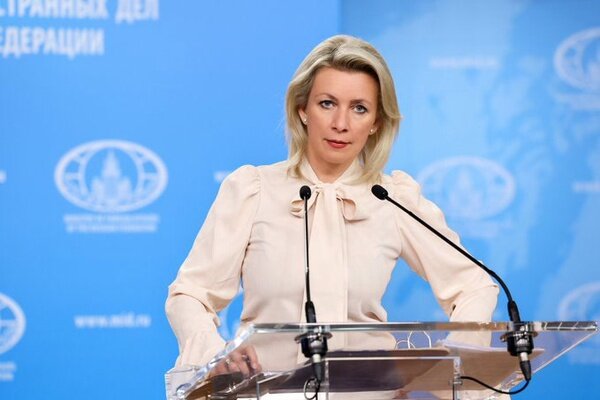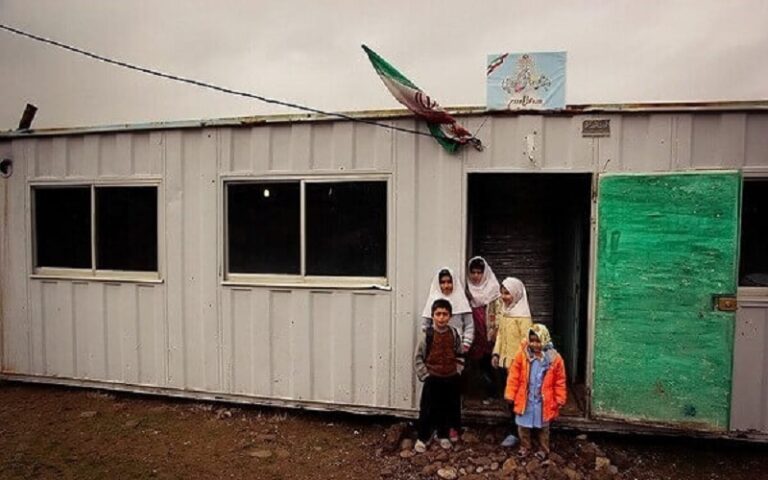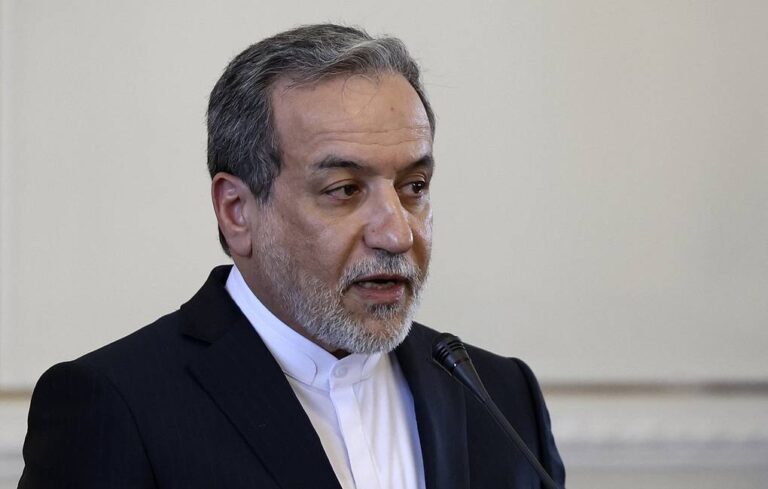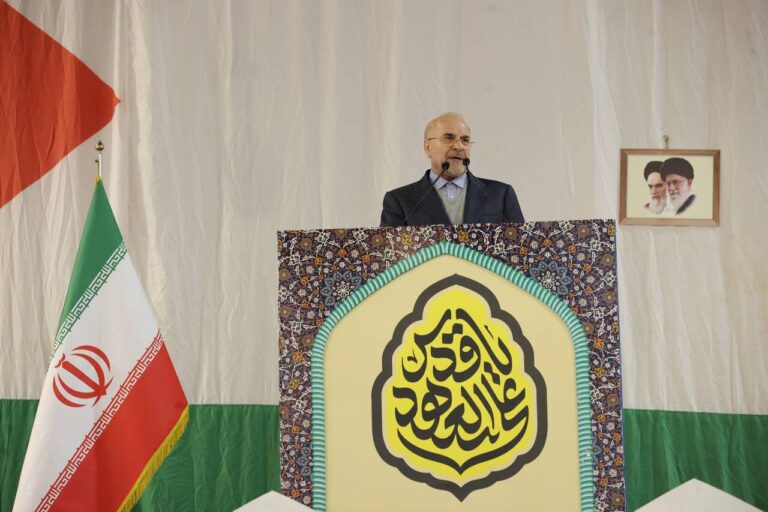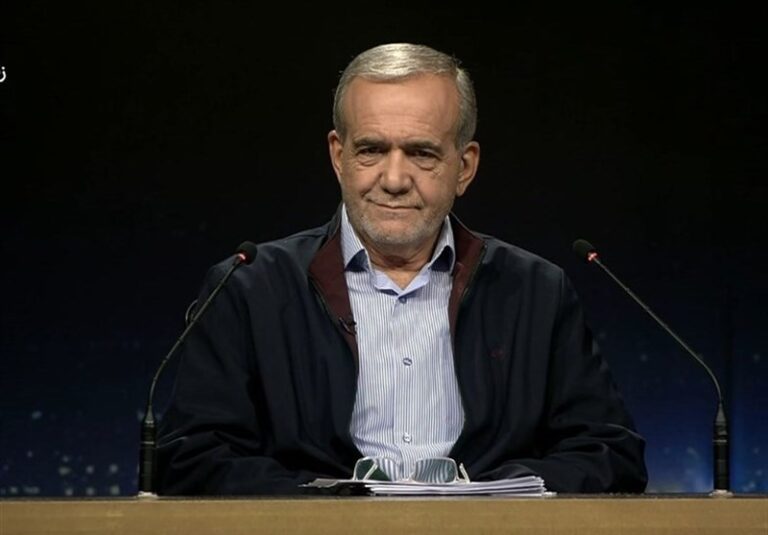Russia Condemns Trump’s ‘Unacceptable’ Threat to Bomb Iran: Tensions Rise
In recent discussions regarding Iran’s nuclear program, significant tensions have arisen, particularly concerning threats from foreign entities aimed at Iran’s nuclear infrastructure. The situation has escalated to a point where international responses are crucial to maintain peace and security. This article explores the latest developments in this ongoing issue.
Foreign Ministry Statements
Maria Zakharova, the spokesperson for Russia’s Foreign Ministry, emphasized the illegality of military force used by Iran’s adversaries. She stated, “The use of military force by Iran’s opponents in the context of the settlement is illegal and unacceptable. Threats from outside to bomb Iran’s nuclear infrastructure facilities will inevitably lead to an irreversible global catastrophe. These threats are simply unacceptable.”
This strong stance reflects Russia’s commitment to opposing external aggression against Iran, particularly concerning its nuclear capabilities. Zakharova’s comments underline the necessity for diplomatic resolutions rather than military actions.
Warnings from Russian Officials
Russian Deputy Foreign Minister Sergei Ryabkov echoed Zakharova’s sentiments, highlighting the potential consequences of military action against Iran. He warned that “the consequences of this, especially if there are strikes on the nuclear infrastructure, could be catastrophic for the entire region.” Ryabkov further condemned the threats from the United States towards Tehran, marking a significant moment in international relations around this issue.
Trump’s Aggressive Rhetoric
In a contrasting view, former U.S. President Donald Trump issued a stern warning during an interview with NBC News, stating that he would unleash “bombing the likes of which they have never seen before” if Iran did not negotiate a deal with the United States. This aggressive rhetoric raises concerns regarding the potential for escalation in military conflict.
Iran’s Diplomatic Efforts
Iran is actively engaging in diplomatic discussions to address these threats. In a letter sent to the UN Secretary-General and the president of the Security Council, Iran’s Permanent Ambassador, Amir Saeid Iravani, expressed serious concerns about the lack of action from the Security Council. He stated that the Council’s failure to respond to these threats could lead to catastrophic consequences, not just for the region but for international peace and security as a whole.
Nuclear Discussions
On Wednesday, Iran’s Deputy Foreign Minister Majid Takht Ravachi met with Ryabkov to discuss the country’s nuclear issues. Both parties reiterated the importance of resolving disagreements through dialogue rather than military means. The Russian Foreign Ministry released a statement affirming that:
- The use of military force by Iran’s opponents is illegal and inadmissible.
- Threats to bomb Iran’s nuclear energy infrastructure are unacceptable.
- Such actions could lead to extensive radiological and humanitarian consequences for the Middle East and beyond.
This mutual understanding between Iran and Russia signifies the importance of collaboration in preventing further conflict in the region.
Iran’s Response to Aggression
Amid these discussions, Iran’s Foreign Minister Abbas Araghchi made it clear that any aggression against Iran would be met with a swift and decisive response. He highlighted the necessity for all involved parties to respect Iran’s territorial integrity, sovereignty, and national interests.
Given the escalating tensions surrounding Iran’s nuclear program, it is evident that diplomatic efforts are crucial to avoid a potential crisis. The international community must engage in constructive dialogue to address these threats and ensure regional stability.
Conclusion
The situation surrounding Iran’s nuclear program remains delicate and fraught with potential for conflict. The contrasting approaches of Russia and the United States highlight the complexity of international relations in this context. As events unfold, it will be essential for global leaders to prioritize diplomacy over military action to foster peace and security in the region.
